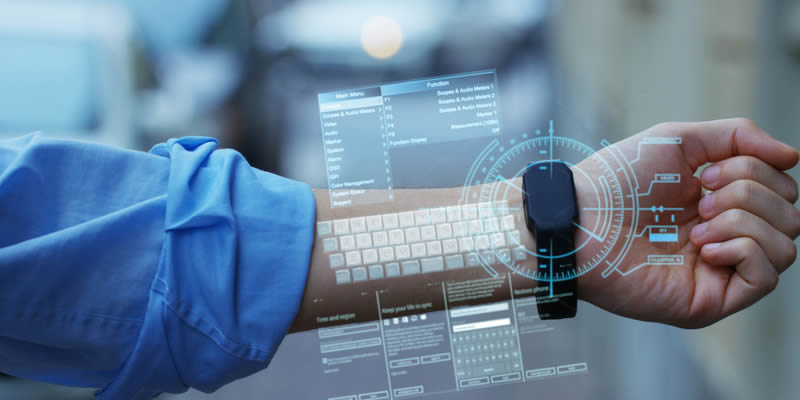Wearable devices have been found to be more effective at identifying people who have become infected with COVID-19 than conventional methods, US researchers have said.
A team from the Mount Sinai in New York have been looking at the Apple Watch as part of the Warrior Watch Study.
They found evidence to suggest that heart rate variability seemed to pick up COVID-19 cases up to a week before other methods which are traditionally used to detect the condition.
- Body microbiota combined with obesity and diabetes increases COVID-19 severity
- Study shows nearly 90% of people are asymptomatic with COVID-19
One of the study authors Dr Robert P. Hirten, Assistant Professor of Medicine at the Icahn School of Medicine at Mount Sinai, said: “This study highlights the future of digital health.
“It shows that we can use these technologies to better address evolving health needs, which will hopefully help us improve the management of disease. Our goal is to operationalise these platforms to improve the health of our patients and this study is a significant step in that direction.
“Developing a way to identify people who might be sick even before they know they are infected would be a breakthrough in the management of COVID-19.”
The trial involved enrolling several hundred healthcare workers between April and September 2020. They were all asked to wear an Apple Watch and answered daily questions through a customised app.
Changes in their heart rate pattern were picked up and successfully detected those who had become infected with coronavirus or had symptoms.
- Study shows COVID-19 antibodies last for six months
- Metformin found to reduce risk of dying from COVID-19
The heart rate changes returned to a more normal pattern between seven and 14 days after the COVID diagnosis.
Dr Zahi Fayad, Director of the BioMedical Engineering and Imaging Institute, added: “This technology allows us not only to track and predict health outcomes, but also to intervene in a timely and remote manner, which is essential during a pandemic that requires people to stay apart.”
The findings have been published in the Journal of Medical Internet Research.







